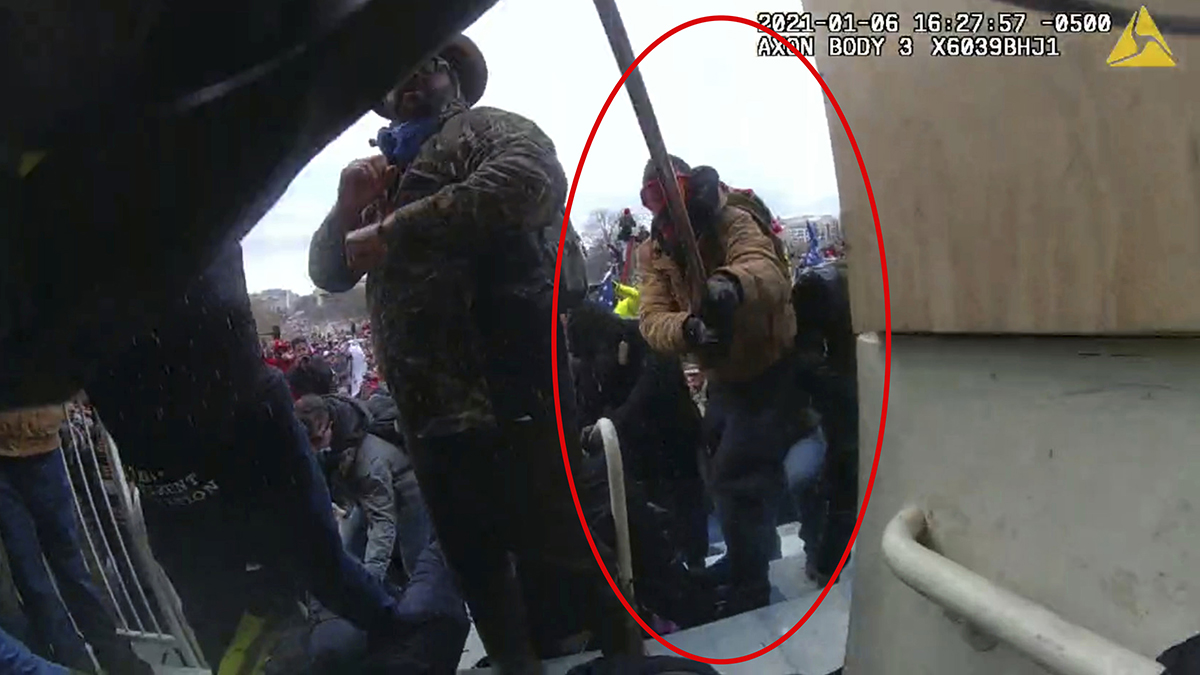Putting aside worries that he might be extradited to the U.S., Roman Polanski on Thursday talked about his next project to film a story "which has fascinated me for a long time."
The director was questioned on Wednesday by a prosecutor in Krakow, in southern Poland, where he has an apartment, in connection to the extradition request the U.S. authorities made this month, citing charges of sex with a minor.
If the extradition happened "there would be problems" with the film, Polanski told reporters. "I believe that this will not take place. I have confidence in Poland's justice system."
The Oscar-winning director is preparing to shoot a film in July in Warsaw about the Dreyfus affair, a 19th century French spy scandal.
Speaking to reporters in Krakow, Polanski said the "situations, characters, everything is based on truth, there are no fictitious characters or events."
"This story has fascinated me for a long time," he said. "It divided France and the world over these wrong accusations of treason leveled at an officer who was one of the very few Jewish officers in the French army. There was great anti-Semitism in France at the time and it had to do with this problem."
Boguslawa Marcinkowska, spokeswoman for Krakow prosecutor's office, said the prosecutor who questioned Polanski was writing a report for the court that will decide whether to extradite him. She refused to divulge any details of the questioning.
U.S. & World
Paris-born to Polish Jewish parents, Polanski spent his childhood and youth in Poland but lives in France. His movements are restricted by an Interpol warrant in effect in 188 countries, but he is avoiding extradition by traveling only between France, Poland and Switzerland, which in 2010 refused to extradite him. He has Polish and French passports.
Last year, Krakow prosecutors refused a U.S. request to arrest Polanski, 81, but obliged him to be available on summons.
Polanski pleaded guilty in the U.S. in 1977 to a charge of unlawful sexual intercourse, and was sentenced to prison for a 90-day psychiatric evaluation. He was released after 42 days and, fearing the judge would force him to serve the remainder of the sentence, he fled the country.



